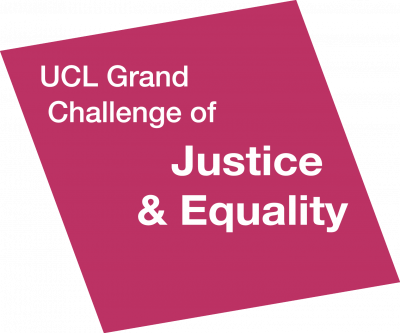Gender-Based Planning for Safe Cities and Safe Public Spaces
Examining the implications of gender-based planning in London.

2 October 2018
This research looked at the implication of gender-based planning, ensuring that specific problems in practice were defined and understood. The plan was to use stakeholder mapping to identify and assess existing services and projects, as well as the positions and priorities of significant stakeholders, analysing the relevant development policies, plans and initiatives.
The primary output was a scoping study for the London Mayor's Office for Policing And Crime (MOPAC). Data was collected initially from a workshop held as part of the Greater London Authorities' Night Safety Summit. Then, building on the outcomes of the Night Safety Summit we carried out further, indepth interviews with key participants and stakeholders. The aim of the research was to produce research results that would be impactful to policymakers, and therefore the research followed a methodology of engaged scholarship and co-creation with practitioners.
The primary conclusion of the scoping study was that for women and girls to exercise and enjoy their “right to the city;” to make London a safer city for women and girls, “a city of freedoms, opportunities and rights for all,” London must simultaneously develop gender expertise and increase women’s leadership in built environment design and decision-making processes.
Image credit: Alamy.
 Close
Close


